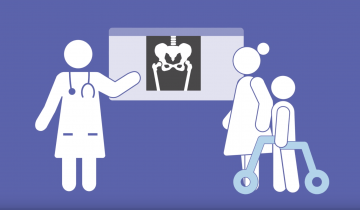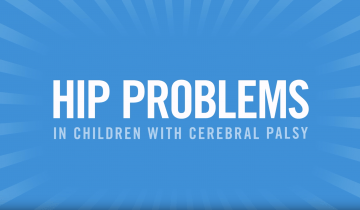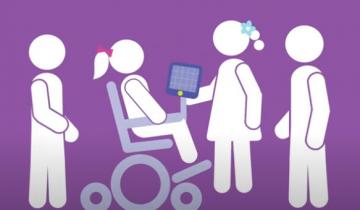In 10% to 15% of cases, there is no clear cause of CP. There is increasing recognition that genetics plays a part, but no standardized approach to genetic testing in patients with CP exists. In this study we asked the question whether both people with and without known risk factors for CP should have genetic testing.
This study highlights the importance of monitoring and managing chronic conditions in adults with cerebral palsy. It also provides important information that can help healthcare professionals better understand the health needs of this population.
Our educational series kicked off with a panel of experts from the Weinberg Family CP Center at Columbia University Irving Medical Center in New York City on Thursday, November 5th, 2020 at 6:30pm ET. This virtual event featured a multi-disciplinary panel discussion with Weinberg Family CP Center clinicians and researchers.


If your child has cerebral palsy, there's a good chance that he or she will have a hip x-ray at some point or they may even require regular hip x-rays. It is important for you to understand the different components of a hip x-ray. Your doctor will be looking at the hip joint itself as well how well the bones are growing.

In general, children with cerebral palsy will have stiffness around the hips and they tend to develop atypical hip positioning as a result of their spasticity. They will develop hip flexion contractures, abduction contractures, and they will have difficulty with seating as well as bathing and hygiene.



